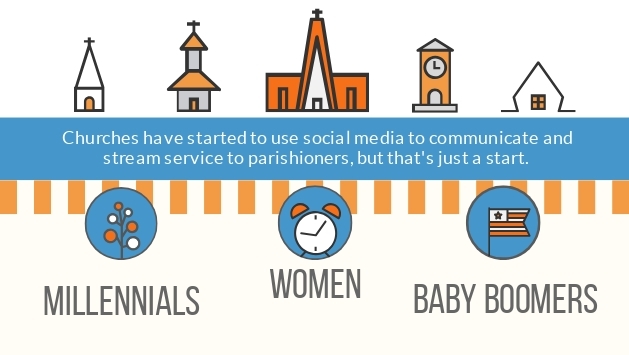Discover The Interesting Development Of Catholic Colleges And Their Extensive Impact On Education-- Could Their Customs Hold The Crucial To Future Learning?
Discover The Interesting Development Of Catholic Colleges And Their Extensive Impact On Education-- Could Their Customs Hold The Crucial To Future Learning?
Blog Article
Web Content Develop By-Ahmed Lanier
When you consider the background of education, Catholic institutions attract attention for their ingrained customs and lasting impact. Read the Full Piece of writing started as a way to impart faith and worths, yet they've adapted incredibly over centuries. Today, they play a crucial role fit not simply academic success yet additionally moral integrity. What's intriguing is exactly how they have actually managed to grow in the middle of transforming social landscapes, raising questions regarding their future relevance and influence.
The Origins of Catholic Education And Learning: A Historical Viewpoint
Catholic education traces its origins back over 1,500 years, when early Christian communities identified the demand for organized discovering. You'll locate that these areas aimed to hand down their faith and worths via education and learning.
Monasteries and sanctuary colleges ended up being centers of learning, supporting both spiritual and intellectual growth. As you dive much deeper, you'll see that the educational program typically consisted of approach, theology, and the liberal arts, designed to form well-rounded individuals.
Over time, the Church developed more official organizations, making sure that education remained available to all. The commitment to teaching ethical values and cultivating a sense of neighborhood has continued through the centuries, shaping the instructional landscape and affecting plenty of lives worldwide.
This long-lasting legacy remains to influence Catholic education and learning today.
The Evolution of Catholic Institutions With Social Contexts
As cultures evolved, so did the role of Catholic institutions, adjusting to the social contexts in which they existed. In the early years, these establishments focused mostly on religious instruction, however as communities expanded, they began to incorporate local languages, customs, and academic requirements.
You would certainly observe that Catholic institutions typically became centers for social communication, cultivating a sense of belonging among trainees from different histories. In lots of areas, they attended to social issues, such as poverty and discrimination, by supplying obtainable education and learning for all.
As you explore various societies, you'll see exactly how Catholic colleges have moved their educational program and training approaches, reflecting the worths and difficulties of their settings while remaining true to their foundational mission of confidence and scholastic quality.
The Modern Function and Effect of Catholic Schools in Culture
In today's globe, Catholic colleges play an important role in shaping not simply the educational landscape, however additionally the wider area.
You'll find that these establishments highlight values like respect, concern, and social justice, promoting well-shaped people that add positively to culture. By focusing on academic quality and ethical advancement, Catholic colleges prepare students for future challenges, nurturing important reasoning and leadership abilities.
They usually offer diverse populations, connecting spaces in access to high quality education. In addition, you might notice their commitment to service, encouraging trainees to engage in community outreach and volunteer job.
https://zenwriting.net/louie0magnolia/catholic-education-a-trip-of-academic-and-spiritual-gratification of education and moral advice makes Catholic schools a significant pressure, growing responsible residents that can affect their neighborhoods for the better.
Conclusion
Finally, Catholic schools have an abundant history that's formed their enduring effect on culture. You've seen just how they have actually adapted to different social contexts while keeping a commitment to belief, values, and scholastic quality. Today, they continue to play an essential duty in fostering neighborhood, advertising social justice, and nurturing liable citizens. As you assess their legacy, it's clear that Catholic institutions continue to be a powerful force for positive adjustment worldwide.
